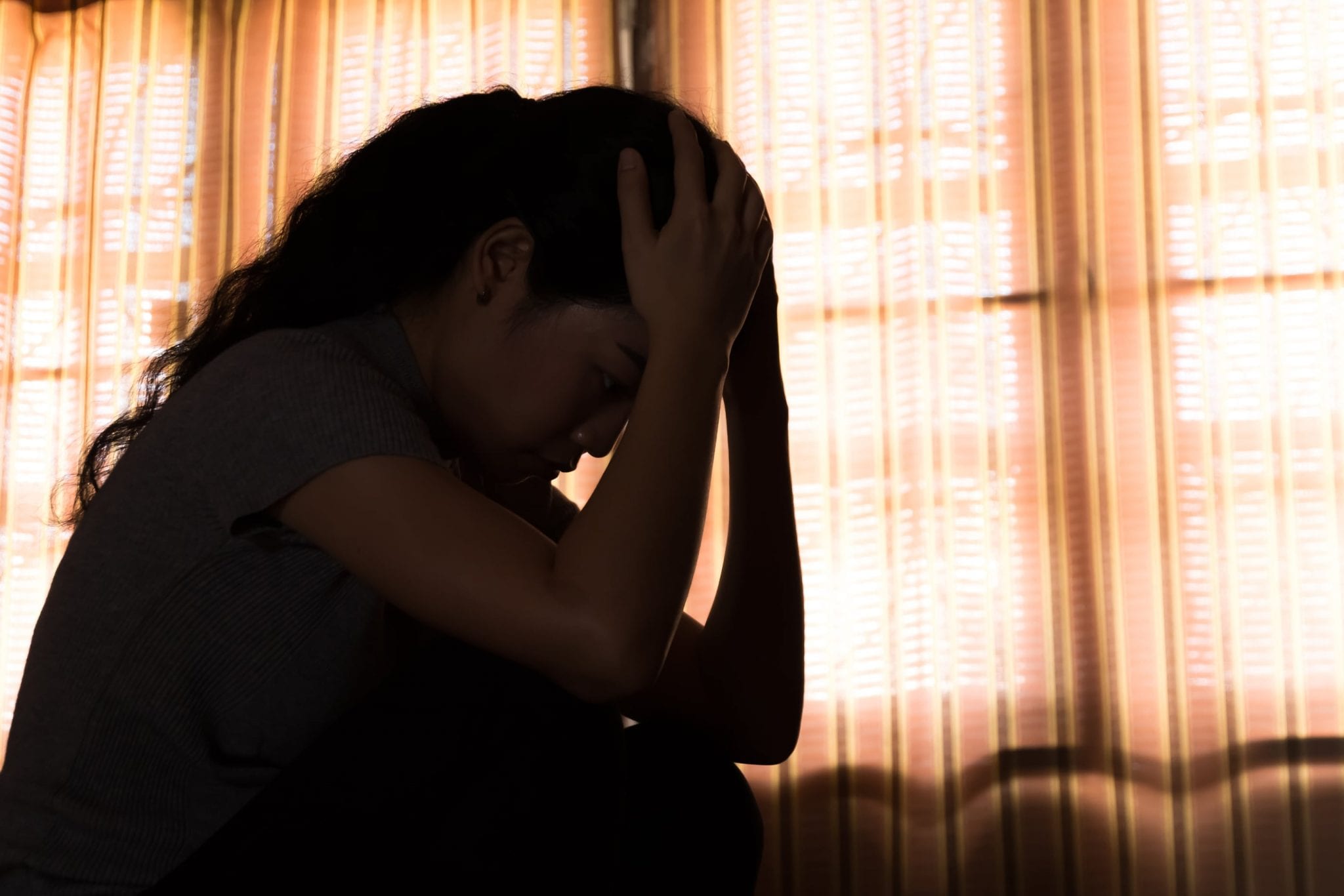Postpartum depression is a mood disorder similar to other types of depression but marked by its occurrence after pregnancy. The DSM-5 estimates that between three and six percent of all women will experience PPD, and it is believed that over 3 million women suffer from PPD every year.

Postpartum Depression Risk Factors
Postpartum depression can affect anyone after a pregnancy, but certain risk factors make some women more likely to experience PPD than others. These include:
- Previously suffering from depression or another mood disorder
- Symptoms of depression during or after a prior pregnancy
- Having a family member who has been diagnosed with depression or a different mental illness
- A stressful life event during or shortly after pregnancy
- Medical complications during pregnancy
- Previously experiencing postpartum depression
- A lack of emotional support from a spouse, family members, or friends
- Alcohol or drug abuse
- Mixed feelings about the pregnancy
- Marriage or money problems
A Common Problem
It’s often estimated that over 3 million women will suffer from postpartum depression every year. According to the Centers for Disease Control and Prevention, approximately one out of every 10 women will suffer from PPD, while other organizations like March of Dimes estimate it at about one in seven women.
Women who have experienced an episode of PPD have a 30- to 50-percent chance of experiencing it again, making PPD a very common and disruptive condition that can be extremely difficult to deal with.
Postpartum Depression Symptoms
Symptoms of postpartum depression often mirror those of general depression, but there are symptoms that are also unique to those suffering from PPD.
Women suffering from PPD often experience feelings of sadness, hopelessness, emptiness, worrying and anxiety; sleeping problems; isolation and withdrawal from family and friends; moodiness and restlessness; anger and rage; appetite changes; feelings of doubt about her ability to care for her child; thoughts about physical harm to herself or her baby as well as aches and pains.
Postpartum Depression Treatment
There are multiple treatment options for postpartum depression, including medication, talk therapy, counseling and clinical trials.
At the Lehigh Center for Clinical Research, we are currently offering a unique clinical trial called The Robin Study designed to treat women suffering from PPD. If you believe you are suffering from postpartum depression, you can apply for our clinical trial here.
How Can You Help?
If you or a family member is currently suffering from postpartum depression and you want to help advance the knowledge and treatment of PPD, consider applying to our postpartum depression clinical trial. Our clinical studies help the medical community learn more about how to best treat a variety of disorders, including PPD. Not only could your participation help you in your battle with PPD, but it could help many others who are suffering from postpartum depression as well.
